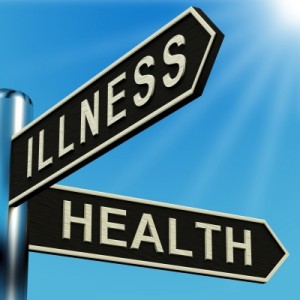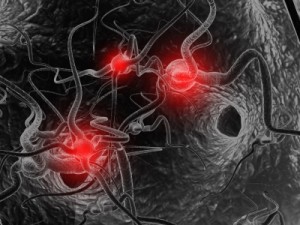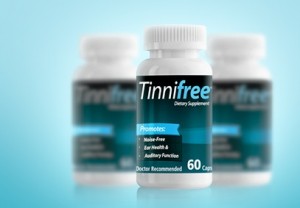The single most important preventative treatment for migraine headaches is to simply avoid all migraine triggers that affect your nervous system. Easier said than done, you may say, as there are hundreds of things in food, weather, and daily life that increase your chances of having a migraine attack.
What’s in a migraine?
Migraines are a neurological disorder that is often inherited from your family. Most migraine sufferers are women, but not exclusively. Common symptoms include, but are not limited to, excruciating pounding headaches, stomach pain, nausea, eye pain, vertigo, and overwhelming fatigue. Chronic headaches happen more than 15 times each month.
It’s worth noting that not all migraine attacks include headache. You may experience all the other symptoms of migraine, such as dizziness, stomach cramps, and extreme sensitivity to bright lights and strong scents without ever suffering from head pain. Even “silent migraines” can be very debilitating, especially as they are often connected with migraines with aura, a condition that scientists have linked with increased risk for stroke, heart disease, and epileptic seizures.
Migraine triggers
Migraine triggers don’t necessarily cause migraines, as much as they increase your likeliness of having one. Just as stress lowers your immune system, making it harder for your body to fight off infections and bacteria, so do migraine triggers make it harder for your nervous system to control overstimulated, trigger-happy nerve cells of the brain.
Some of the most well-known migraine producers exist in food. Chocolate, coffee, hot dogs, aged cheeses, and MSG are all considered “red light” foods on a migraine diet. Still, every person is wired differently, so what triggers a five-alarm migraine attack in one person may actually provide significant relief to another. Caffeine, for example, is both a migraine trigger and a painkiller, depending on your migraine brain.
To find out exactly which foods are triggering your migraine headaches, it’s important to keep a migraine diary, and fill in all foods, feelings, medications, daily weather, sleep cycles, and other relevant facts.
How many of these unusual migraine triggers can you identify?
- Leftover food from restaurants, likely to contain tyramine, a common migraine trigger.
- Bananas- along with avocados, fruits that are eaten when very ripe also contain tyramine.
- Citrus fruits, although healthy for preventing the common cold, are rich in citric acids that interfere with your pH blood level, and also contain histamine, a migraine trigger for some.
- Artificial flavorings, colorings, and preservatives contain chemicals that increase your chances for frequent migraine headaches.
- Packaged goods containing hidden monosodium glutamate (MSG) can include mixed nuts, soup mixes, sauces, and even mayonnaise. To avoid migraines, always read food labels, even on food products that you wouldn’t expect to find migraine-triggering MSG.
Scientists have compiled a list of hundreds of migraine triggers, not all of which are from food. In addition to the ones listed, can you list any other other headache triggers that you currently avoid?
Image by Ambro











